Description
Suction pipes are flexible hoses that are used to transfer fluids from a lower elevation to a higher elevation. They are typically made of PVC, polyurethane, or rubber, and are reinforced with a spiral coil to prevent them from collapsing under vacuum. Suction pipes are used in a variety of applications, including:
-
- Agriculture: Irrigation, pumping water from wells and ponds
- Construction: Dewatering, pumping concrete and mortar
- Industry: Chemical processing, food processing, mining
- Municipal: Wastewater treatment, water supply
Benefits of using suction pipes:
- Lightweight and flexible: Suction pipes are easy to handle and install, even in tight spaces.
- Durable: Suction pipes are resistant to abrasion, chemicals, and weather.
- Versatility: Suction pipes can be used to transfer a variety of fluids, including water, chemicals, and abrasives.
When choosing a suction pipe, it is important to consider the following factors:
- Material: The material of the suction pipe should be compatible with the fluid being transferred.
- Diameter: The diameter of the suction pipe should be large enough to handle the required flow rate.
- Length: The length of the suction pipe should be long enough to reach from the fluid source to the pump.
- Pressure rating: The suction pipe should have a pressure rating that is greater than the maximum suction pressure of the pump.
Safety:
- Always wear safety glasses and gloves when handling suction pipes.
- Inspect the suction pipe regularly for signs of wear and tear.
- Replace the suction pipe immediately if it is damaged.

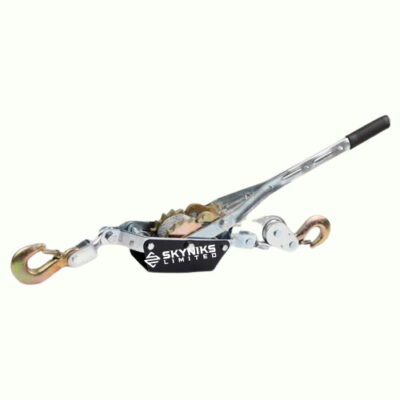





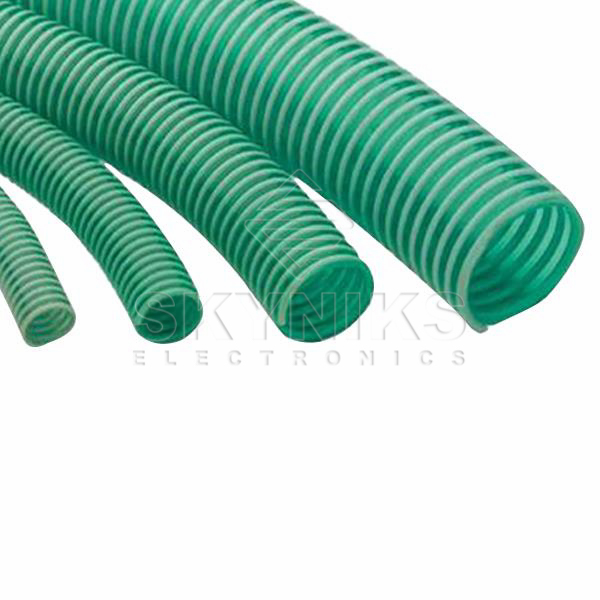
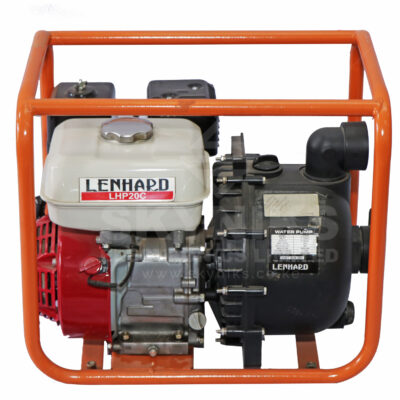
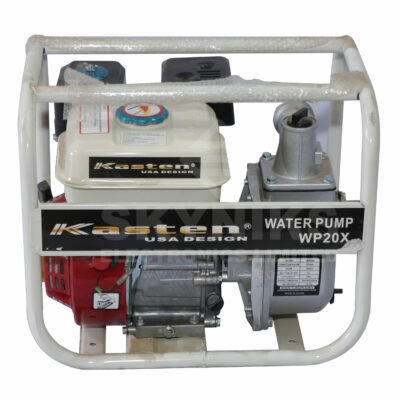
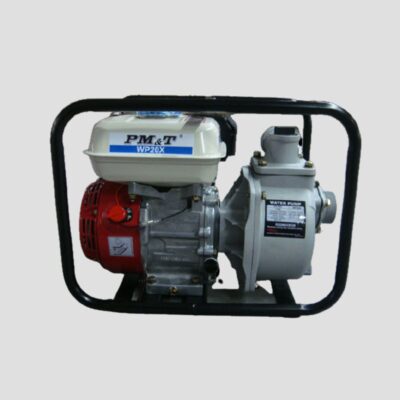
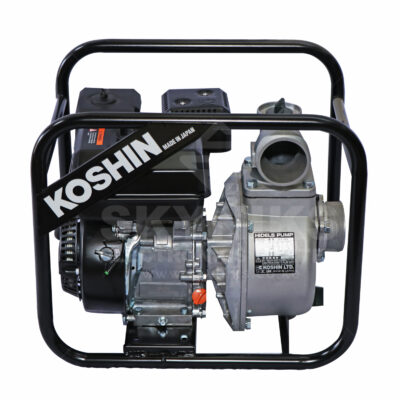
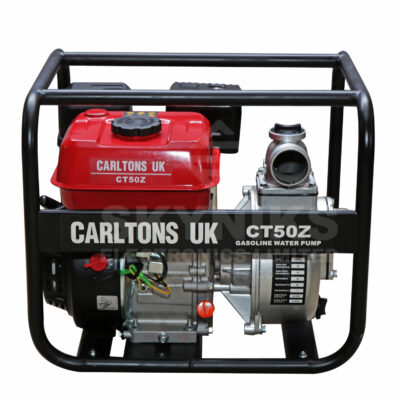
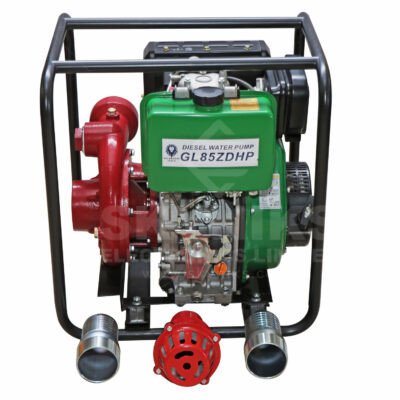
Reviews
There are no reviews yet.